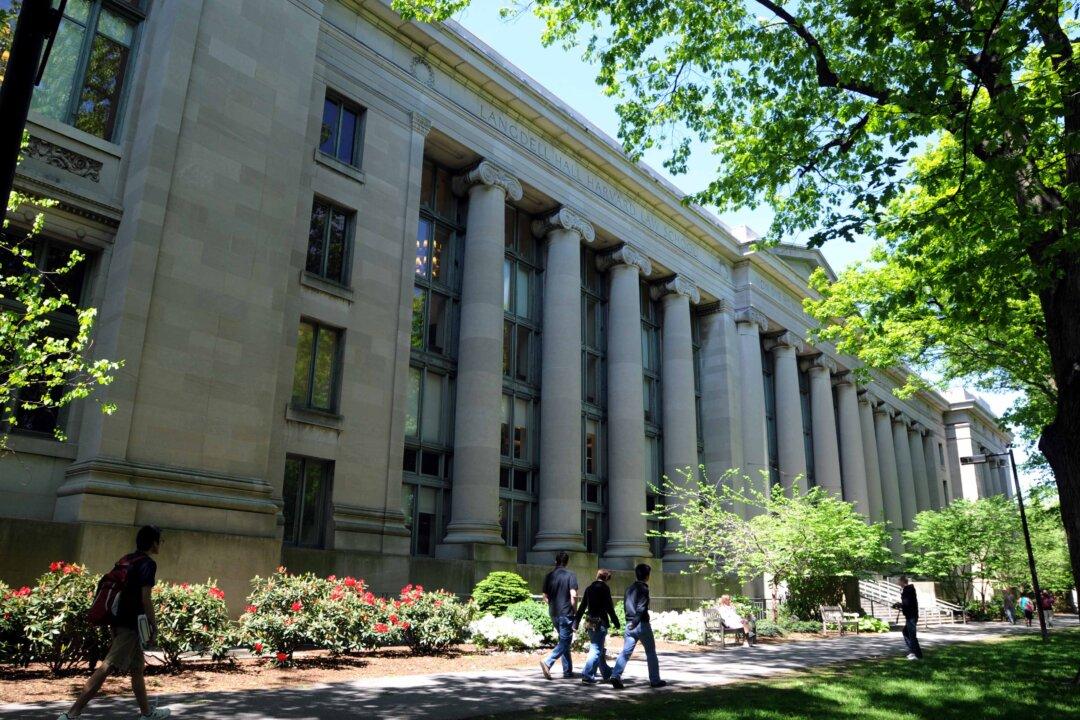Following the recent Supreme Court ruling against affirmative action policies in college admissions, activists have filed a complaint seeking to end legacy and donor admissions at Harvard, arguing it privileges white applicants, a claim that some say is without merit.
The complaint against Harvard has been filed by Lawyers for Civil Rights (LCR) on behalf of the African Community Economic Development of New England (ACEDONE), the Greater Boston Latino Network (GBLN), and the Chica Project. It was filed with the U.S. Department of Education’s (DOE) Office for Civil Rights (OCR) on Monday. Legacy admissions is the practice of giving preference to an applicant because the individual is related to an alumnus at a school.





